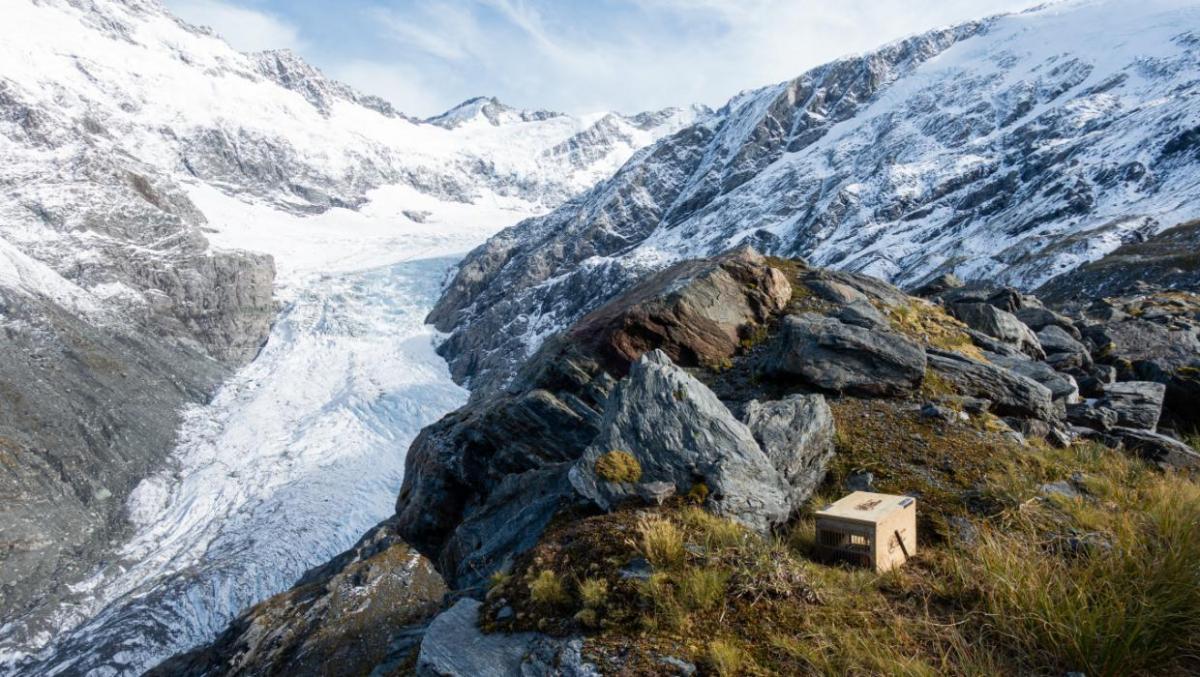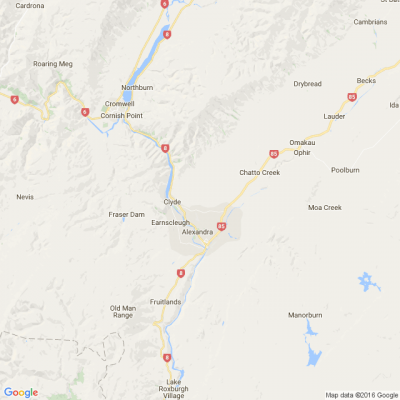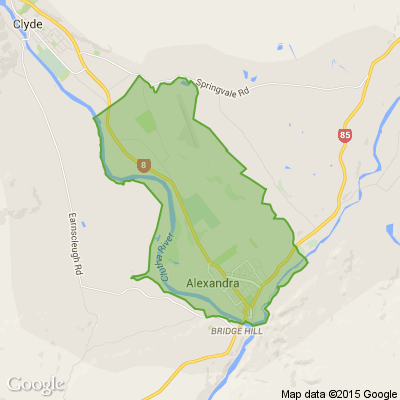New alpine trap line lies in wait for expected predators
By reporter Debbie Jamieson:
A new high alpine predator trap line is the final link in a 100km front protecting native wildlife between Wānaka and Glenorchy.
The installation of the 64 traps was also a symbolic joining of the Wānaka and Whakatipu basins in a bid to create the largest predator-free sanctuary on the New Zealand mainland.
Southern Lakes Sanctuary Trust hub co-ordinator Tom Reeves led a team of five workers installing the traps across about 13km from the Cascade Saddle to the Rees Saddle last week.
The traps were dropped into 10 locations by Aspiring Helicopters before the team spent two nights in the mountains installing each trap.
Reeves said the construction of the trap line was a goal when the trust was formed in 2021.
Since then the umbrella organisation had brought together six local groups representing 84 community groups, landowners and businesses to work on its predator-free plans.
The highest installed trap on the line sat at 1835 metres, making it one of the higher trap lines in the country.
The traps targeted stoats, rats and other mustelids, and would actively help protect kea and rock wren in their natural habitat, he said.
Giant weta, alpine invertebrates and lizards would also benefit.
In summer, stoats would come over the mountain passes and re-invade valleys such as the West Matukituki, where long tailed bats and robins and kaka lived, he said.
The trap line also provided protection for the Rees Valley, where the Department of Conservation is hoping to establish a population of vulnerable takahe.
“We’ve put several hundred traps into the Rees already and this is all part of gearing up for that huge trans-relocation as well,” Reeves said.
The traps would be checked monthly, but not in winter due to snow and avalanche risk.
Maintaining the trap line would be a joint venture between the Matukituki Charitable Trust servicing the traps on the Wānaka side, and the Routeburn Dart Wildlife Trust responsible for the Glenorchy side.
The Southern Lakes Sanctuary Trust was continuing to seek support from funders and volunteers to continue the work, he said.
“Otherwise a lot of those gains we’ve made over these last few years will disappear so we do need a lot of help.“
The trust’s 30-year goal is to create a 660,000-hectare area free of introduced pests where the indigenous fauna – including 35 endangered species – is able to thrive.

Time to Tickle Your Thinker 🧠
If a zookeeper had 100 pairs of animals in her zoo, and two pairs of babies are born for each one of the original animals, then (sadly) 23 animals don’t survive, how many animals do you have left in total?
Do you think you know the answer? Simply 'Like' this post and we'll post the answer in the comments below at 2pm on the day!
Want to stop seeing these in your newsfeed? No worries! Simply head here and click once on the Following button.

Poll: As a customer, what do you think about automation?
The Press investigates the growing reliance on your unpaid labour.
Automation (or the “unpaid shift”) is often described as efficient ... but it tends to benefit employers more than consumers.
We want to know: What do you think about automation?
Are you for, or against?

-
9.6% For. Self-service is less frustrating and convenient.
-
43.2% I want to be able to choose.
-
47.2% Against. I want to deal with people.
Have you got New Zealand's best shed? Show us and win!
Once again, Resene and NZ Gardener are on the hunt for New Zealand’s best shed! Send in the photos and the stories behind your man caves, she sheds, clever upcycled spaces, potty potting sheds and colourful chicken coops. The Resene Shed of the Year 2026 winner receives $1000 Resene ColorShop voucher, a $908 large Vegepod Starter Pack and a one-year subscription to NZ Gardener. To enter, tell us in writing (no more than 500 words) why your garden shed is New Zealand’s best, and send up to five high-quality photos by email to mailbox@nzgardener.co.nz. Entries close February 23, 2026.







 Loading…
Loading…